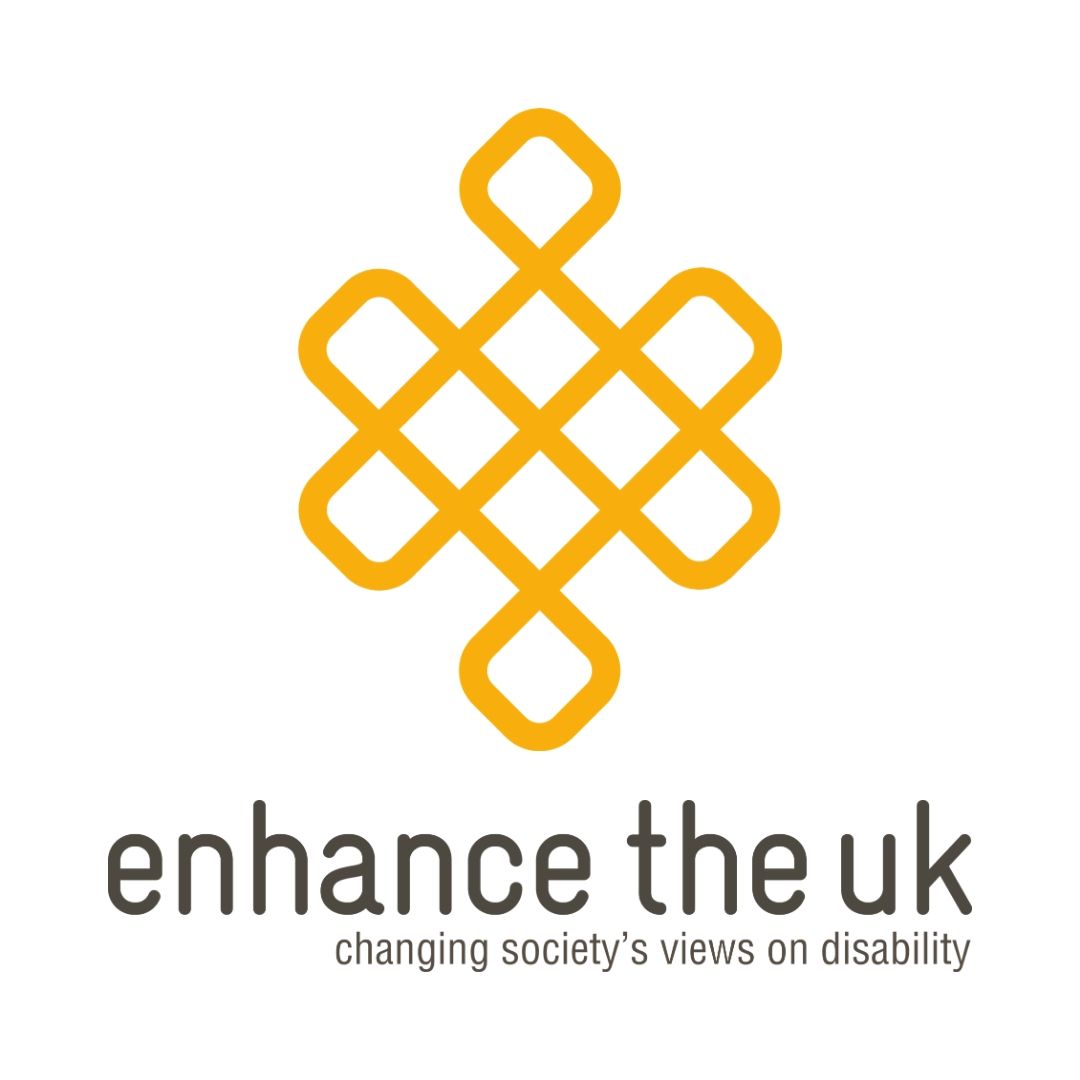
As a user-led disability awareness charity, we at Enhance the UK are often asked to present our ideas and opinions surrounding access and inclusion at conferences all over the country. Our ‘Undressing Disability’ campaign has also allowed us to discuss sexuality and identity on a broader scale, and we have recently been in conversation with academics, healthcare officials and educational institutions to discuss just how we can all ensure that everyone has the opportunity to express themselves sexually, and be educated on their sexual rights and responsibilities.
We were delighted when, in early April, Emily was fortunate enough to be invited to chair a discussion panel at the University of Leeds, as part of a one day symposium on‘Sexual Politics in Diverse Communities: Conversations about Theory, Methodology and Practice.’ Organised and run by Dr Julia Bahner and an event for the School of Sociology and Social Policy (SSP), the day was an opportunity for speakers, scholars and students alike to deliver presentations and discuss topics such as intimate and sexual citizenship, disability theory, sex work and gender and trans studies.
The symposium marked the end of a two-year Marie Sklodowska Curie Research Fellow Fellowship for Dr. Julia Bahner at SSP. Julia has experience working with disabled people’s organisations in Sweden and is a social worker as well as a respected scholar. For her project on ‘Sexual Citizenship and Disability: Implications for Theory, Practice and Policy’, she focused on sexual facilitation for disabled people, and her work plays a vital role in challenging how we consider, discuss and respect the sexual identity of disabled people today.
Very rarely do academics and those working in the third sector get the opportunity to come together to share work, ideas and opinions on how to take progressive thoughts forward into practical movements. Throughout the day, there were discussions on what sexual and intimate citizenship mean for all, the different stances of numerous countries on sexual facilitation for disabled people, ensuring the safety and security of sex workers all over the country, and supporting the trans community through pregnancy and parenting.
In her own words, Julia organised this much-needed event because: ‘I wanted to bring together colleagues within a broader field of sexual politics, who share the will to not only put marginalized voices on the agenda and show that their concerns matter beyond the confines of that particular community, but who also work actively politically and/or with practice. I hoped that this would be a ‘safe space’ to discuss challenges and share experiences that we could learn from and support each other, as well as give an understanding to the audience of the need to move beyond separatism and see that we in fact share much common ground in our endeavours.’ When asked what advice she would give to policy makers, Julia replied: ‘To not shy away from talking about sexuality and sexual support – although they are private and sensitive issues, staying silent is not helpful, in fact the opposite. We can only learn and progress to develop better and more ethical and professional practices by discussing difficulties, fears and worries – and possibilities!’
We could not agree more! Thank you to Julia and the SSP team at the University of Leeds for a brilliant, challenging and inspiring day.
